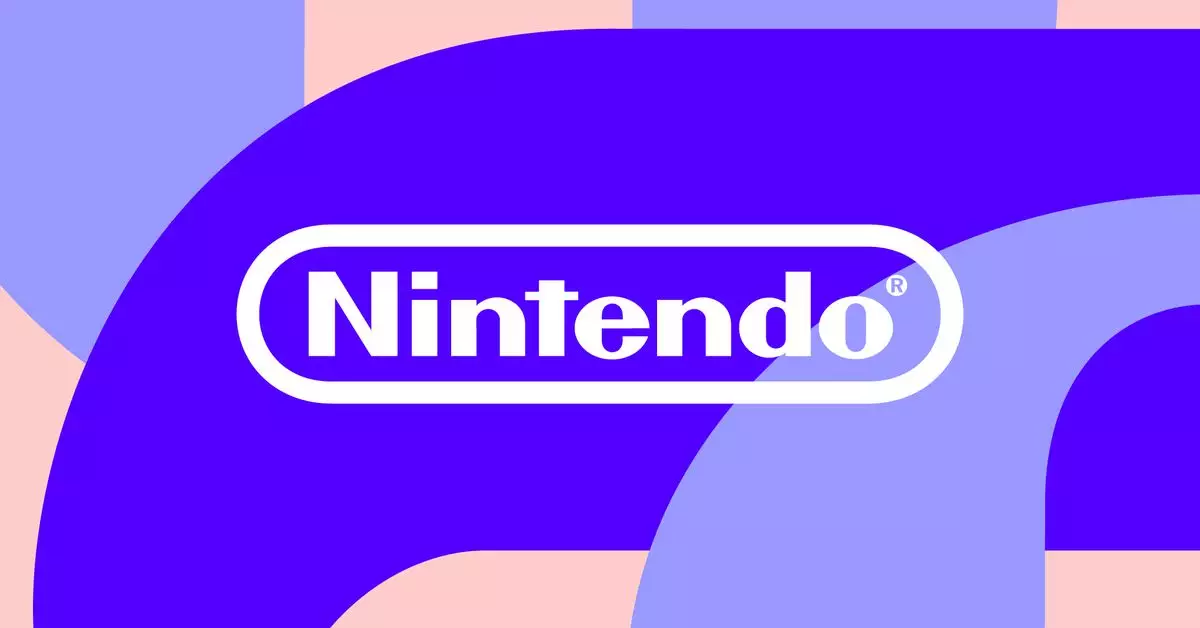As a long-time gaming enthusiast, the arrival of the Nintendo Music app presented an exciting opportunity to access the vast and beloved soundtracks of Nintendo’s gaming history. However, the initial reactions to the app reveal a blend of innovative features creation and significant omissions, leaving much to be desired for fans hoping for a comprehensive music resource. Let’s delve deeper into the offerings of the app and identify its myriad strengths and weaknesses.
Firstly, the navigation within the Nintendo Music app is reminiscent of popular streaming services such as Apple Music or Spotify. This decision to adopt a familiar interface is a positive aspect, particularly for users accustomed to those platforms. Users can explore a range of tracks categorized by individual games or curated playlists featuring beloved characters, Pokémon battle themes, and loops perfect for background listening during gameplay or work.
One standout feature is the extended loop option, which permits users to listen to pieces like those from *The Legend of Zelda: Breath of the Wild* for durations of 15, 30, or even 60 minutes. This function caters especially well to fans who enjoy the soothing and immersive soundscapes typical of Nintendo’s musical compositions. Additional delights include options for creating a “spoiler prevention” list designed to keep unplayed game contents under wraps, allowing users to relish the anticipation of future gaming experiences.
However, despite these forward-thinking features, the app’s content library proves to be an alarming limitation. Indeed, in a catalogue that spans over 40 years of iconic titles, the Nintendo Music app only grants access to a mere 25 game soundtracks. This absence is palpable; notable classics such as *Super Mario World* or staple titles like *Mario Kart* are conspicuously missing. The current collection gives off a sense of being a mere sideline to the main event rather than an expansive archive.
Content Gaps: A Treasure Trove Upon Limited Discovery
A critical analysis of the content available pertains to the selection of games included in the soundtrack library. The app appears heavily skewed toward Nintendo’s recent offerings, with only two games from the *Zelda* franchise and just a single title representing the Game Boy Advance. Fans looking for nostalgia-inducing soundtracks from *Super Mario 64* or *Metroid* will find the experience lacking, as historical gems are not yet accessible.
While Nintendo has teased future content expansions, such as *Wii Sports* and *F-Zero X*, this information feels more like a vague promise than a commitment to a robust library. With the anticipated launch of Nintendo’s successor to the Switch, one cannot help but question if the release of the music service was an effort to generate interest before the arrival of new hardware. The approach seems haphazard and reflects a lack of thoroughness in addressing the diverse library that fans eagerly expect.
Adding to the frustrations is the app’s current exclusivity to iOS and Android users. The absence of a desktop version or compatibility with CarPlay and Android Auto significantly impedes the experience’s accessibility, greatly limiting the environments in which users can enjoy their favorite Nintendo tracks. Users seeking to relish the musical artistry of their favorite games from their computers or vehicles feel shut out, accentuating a painful disconnect.
Moreover, a puzzling choice has emerged regarding artist credits within the app. Strikingly, the fictional bands featured in titles like *Splatoon 3* receive more recognition than the legendary Koji Kondo, the mastermind behind many of Nintendo’s unforgettable scores. This peculiar imbalance raises questions about the prevailing priorities within the app and its overarching design philosophy.
While Nintendo Music exudes promise with creative features and a slick user interface, the glaring limitations mar the experience. The fragmented library indicates a hesitance to fully embrace Nintendo’s expansive musical heritage, which leaves die-hard fans yearning for a more comprehensive offering. As such, many will likely continue to rely on alternate sources like YouTube to indulge in their favorite soundtracks.
Essentially, while Nintendo Music aims to provide a nostalgic auditory experience for fans, it feels more like a platform in beta than a finished product. With genuine passion for its music collection, Nintendo could and should expand the app significantly to reflect the depth and magnitude of its iconic games — a move sure to excite and satisfy its dedicated following.

